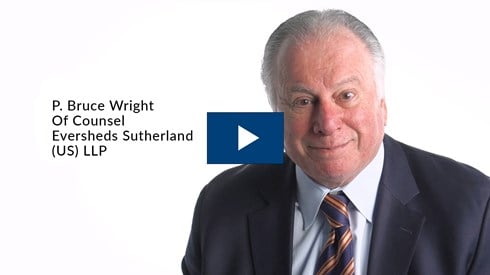Board of Tax Appeals Considers Moody's Captive Insurance Company

P. Bruce Wright , Saren Goldner | January 13, 2020

Recently, Moody's Corporation & Subsidiaries (Moody's) filed Petitions for Redetermination of Deficiencies or for Refund of Corporation Franchise (i.e., income) Tax under Article 9-A of the New York Tax Law for the periods December 31, 2011, through December 31, 2014. The case involved a number of issues; we focus on the issues arising from the relationship between Moody's and its captive insurance company.
As general background, most states impose an income (or franchise) tax on corporations doing business in the state. The tax is calculated by utilizing three factors: (a) an apportionment factor, (b) a tax rate, and (c) a determination of the combined income of the applicable taxpayer group. Many states exclude the income of insurance companies from the combined income of the group.
In 2009, New York amended its tax law in an effort to ensure that only captives with bona fide insurance programs would be able to avoid combination with the group.
In the Moody's case, the parent company was located in New York as was the captive. At issue was whether more than 50 percent of the captive's gross receipts consisted of premiums for each of the taxable years at issue. If 50 percent or less of gross receipts were premiums, the captive would be included in the combined return, and, if more than 50 percent of gross receipts were considered to be premiums, then it would not.
Moody's made various arguments to the state that payments to the captive should count as premiums; however, all arguments were rejected.
Accordingly, the Board of Tax Appeals concluded that the income of the Moody's captive would be required to be included in the combined income of the Moody's group for New York State franchise tax purposes.
A more in-depth discussion of this case will be published in the February issue of Captive Insurance Company Reports (CICR).
P. Bruce Wright , Saren Goldner | January 13, 2020

